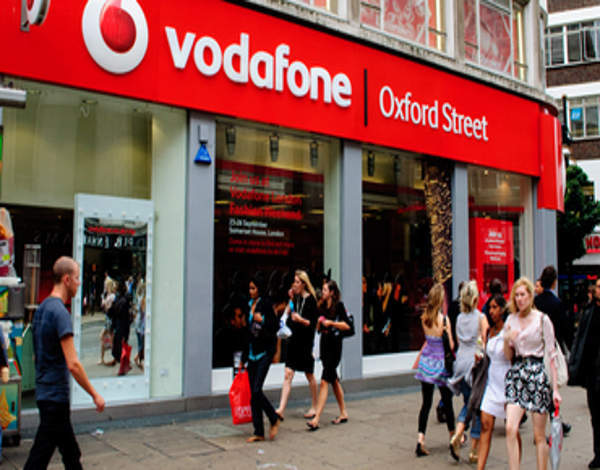

‘PUBLIC SPENDING WATCHDOGS claim [Vodafone] has a moral duty to hand over some of its gains to taxpayers’ read the headline in The Independent recording Vodafone’s astonishing $130 billion deal to sell its stake in Verizon.
A senior MP was quoted as saying “[Vodafone] is a British company with British customers… It has an obligation to UK consumers to do the right thing.’ Discuss (as they used to say in exam papers).
One of the more surprising comments about Vodafone was this, from a member of the Public Accounts Committee: ‘What possible commercial justification is there for pretending that Newbury-based Vodafone made their investment in Verizon through Holland?’ Well, they did have a Dutch subsidiary which owned the investment. Moral outrage is one thing, but our legislators ought at least to recognise the validity of foreign legal entities.

But even if Vodafone wasn’t (as it is) taking advantage of the fact that its Dutch subsidiary is the one making the sale (and is exempt under Dutch tax rules), it would have been exempt from UK tax on the sale of a ‘substantial shareholding’ under special UK rules which mean that companies do not pay tax when selling 10 per cent or more of another company they have owned for at least a year. So why do people feel that the UK’s exchequer is missing out?
Minimal exposure
The traditional view is that a taxpayer is entitled to organise their affairs in such a way as to minimise their exposure to tax. Some taxpayers go to increasing lengths to find loopholes, while others simply structure their transactions in a way which complies with the written law but is intended to reduce their tax bill. But whether the planning is aggressive or uncontroversial, when the numbers are eye-watering, it isn’t surprising to find the public aghast.
This has always been a contentious area. The UK tax code physically weighs several pounds, and much of this consists of detailed ‘anti-avoidance’ rules, designed to counteract tax-saving schemes. HMRC continues to be frustrated by what it sees as abusive or aggressive schemes, and some years ago introduced the concept of DOTAS (disclosure of tax avoidance schemes) to require professional advisers, banks and others to tell HMRC about any tax planning schemes that they devise or enter into.

HMRC uses that information to develop new anti-avoidance rules. However, this is too slow a method of stopping avoidance, and requires HMRC to tackle each new scheme individually. As readers will know, earlier this year, the Government therefore introduced a new General Anti-Abuse Rule, known as the GAAR.
The essence of the GAAR is that, although a taxpayer’s actions may not give rise to a tax liability under the existing tax code (including the existing specific anti-avoidance rules), if one or more of the steps they take (or the transaction as a whole) is regarded as ‘abusive’, then it may be disregarded, so that a tax liability may be imposed anyway. The GAAR, in effect, tries to tackle The Independent’s point about the moral outcome of applying the tax rules.
Tough times
The problem is the difficulty in understanding what is, and is not, acceptable tax planning. Opinions on what is ‘fair’ or ‘moral’ may change (or be felt more strongly) in tough economic times, or in the context of a high-profile deal such as Vodafone’s. The law, however, is supposed to be certain.
To take a different example, if one was acquitted of (let us say) theft, it would be a very odd legal system which allowed the judge to sentence you anyway, on the basis that the common man wouldn’t think it was fair to let you free. Or if, in the supermarket, you qualified for a ‘buy one get one free’, but the cashier decided it would be more equitable to charge you for both items.
This does nothing for legal certainty, and little for legal fairness. Taxpayers will now have to consider whether even routine tax planning could be attacked under the GAAR, even if it does not infringe any other rule of the tax code – unless there is a specific relief designed for their situation. Like Vodafone, for example.
Arabella Saker and Edward Powles are lawyers with private wealth firm Maurice Turnor Gardner LLP
Read more from Wealth Wednesday






